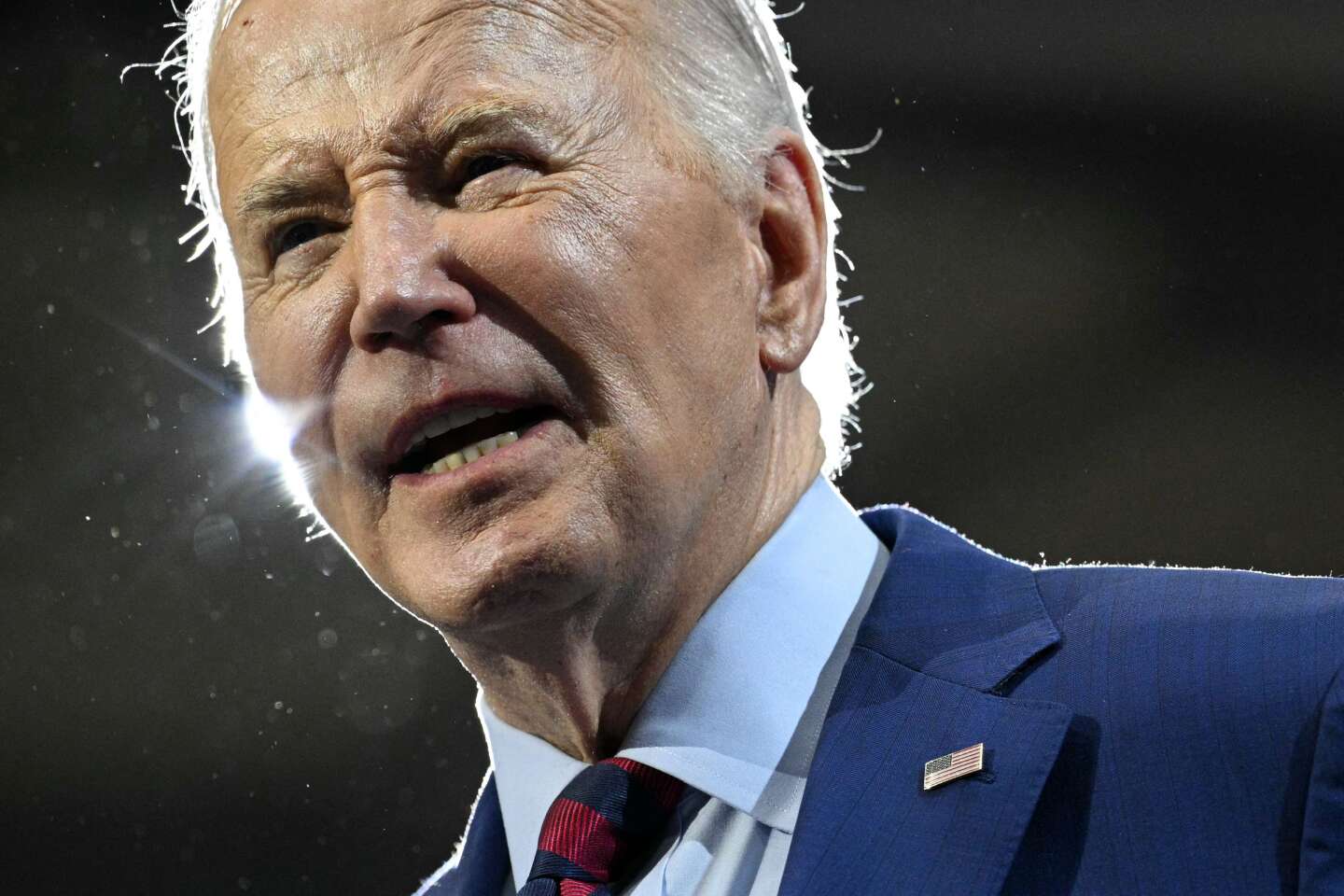


On the one hand, freedom of speech; on the other, law and order. Confronted with the collision of these two principles on US campuses, Joe Biden is seeking a perilous synthesis. On May 2, the US president finally delivered a speech in response to the demonstrations against the war in Gaza. "We are not an authoritarian nation where we silence people or squash dissent," he said, before insisting on what he felt was essential: "Order must prevail." One word – a name – was missing from the president's speech. An indispensable reference, since it lies at the origin of the student movement: Gaza.
Criticizing the risk of "disorder" and "chaos," after 2,000 arrests across the country, Biden chose to make a distinction between the security dimension of the protests in the US and the war itself in the Palestinian enclave. Repeatedly, in a premeditated fashion, White House press secretary Karine Jean-Pierre used a significant phrase: "A painful moment." The US is going through "a painful moment," like a bereavement, an earthquake, or some other unpleasant experience that is not political. But this movement is political. It echoes the "uncommitted" protest vote in the Democratic primaries, which reached significant results in Michigan, Minnesota, and Wisconsin.
The White House is looking forward to the end of the academic year for a return to normalcy. For the time being, it is avoiding the debate on the causes, focusing instead on the protesters' methods and expression. Their expression is often radical, one-dimensional, and tinged with hatred of Israel. But the demand for transparency angry students are addressing to their universities – about their investments deemed to be compromising – can also be addressed to the Biden administration. What arms shipments have been made to Israel since October 7? What are the results of the investigations into alleged war crimes in Gaza that Israel has promised? What possible US responsibility by association might there be, under international law, for these crimes?
Between humanity and security
By saying that "order must prevail," Biden wants to send several messages. The first concerns his constant and sincere vigilance against antisemitism. In December 2022, a task force bringing together various federal agencies was set up to deal with this issue. On May 7, the president will speak at the Holocaust Memorial in Washington, DC, on the need to combat this resurgent scourge.
The second message is his refusal – out of conviction, and out of calculation before the November presidential election – to be caricatured as the leader of a permissive Democratic Party, tolerating excesses and even encouraging violence on campuses. Biden does not want to appear as the candidate of chaos. His team is well aware of the negative impact of urban violence in 2020, on the fringes of the Black Lives Matter movement, among conservative and independent voters. Added to this is the migration crisis at the border with Mexico, which is allowing the right-wing media to paint an apocalyptic picture: that of an invasion, a massive influx of criminals into the country.
You have 42.02% of this article left to read. The rest is for subscribers only.
